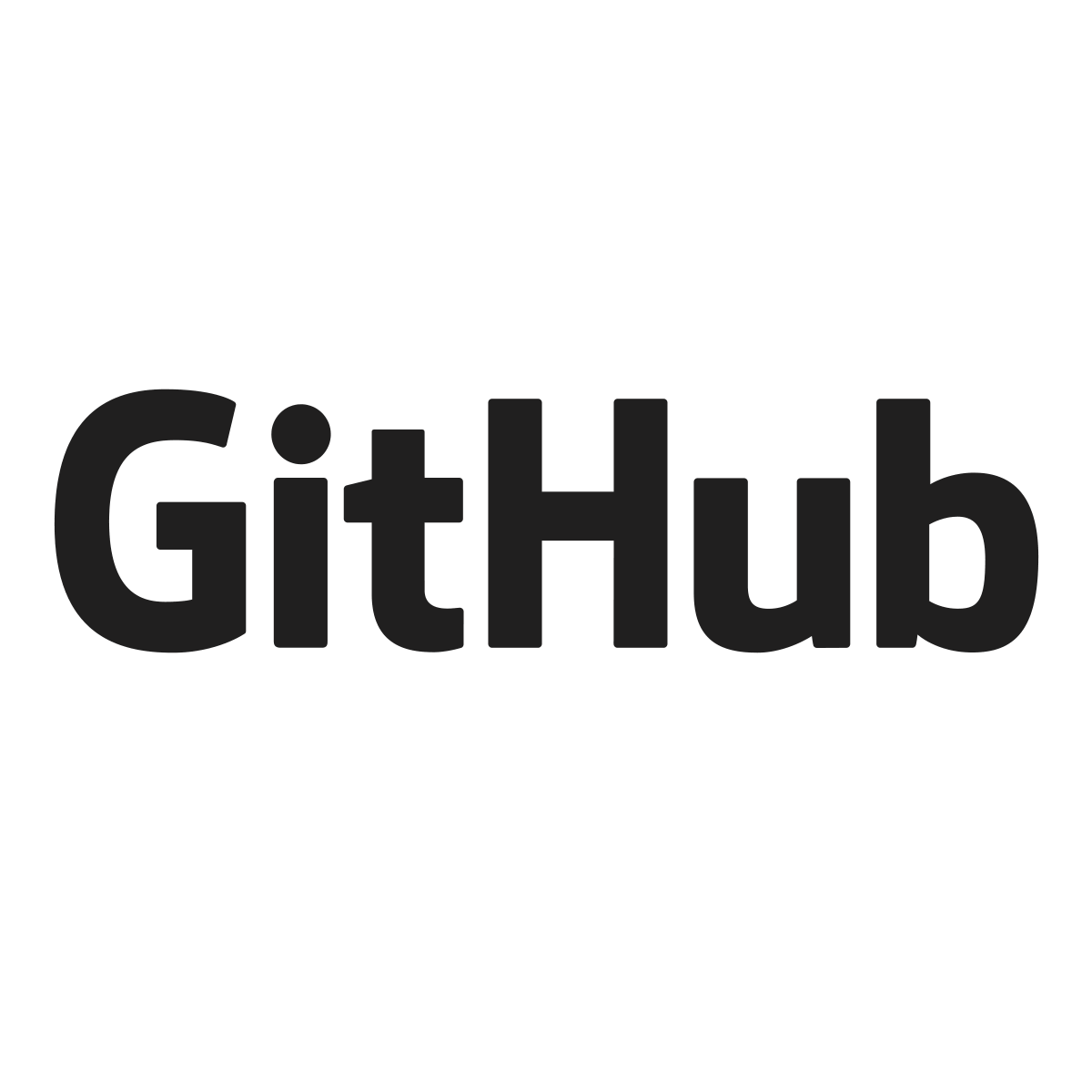- 4 Posts
- 27 Comments

 1·5 months ago
1·5 months agoAegis looks great - I’ll give this a shot. Thanks for the recommendation!

 1·5 months ago
1·5 months agoThis looks pretty good. Will look into this option for sure. Thanks for the suggestion!

 1·5 months ago
1·5 months agoI forgot about Codeberg - I’ll look into that and Gitlab as alternatives. Thanks for the suggestions.

 10·6 months ago
10·6 months agoVorta is a great program for backing up files. Works on Windows, Mac, and Linux.

 16·6 months ago
16·6 months agoThe best part is it works with Android as well. Whenever I turn my computer on, all my photos on my phone sync to my computer to a folder that gets regularly backed up (using Vorta which is an excellent and easy to use open source backup program for Windows, Linux, and Mac)

 3·7 months ago
3·7 months agoI haven’t had the laptop long enough to know what happens after updates. However, if Microsoft wants to reset any of the changes or reinstall software or features, they will regardless of what methods or tools you’ve used to debloat. I like this tool because it’s easy to run and can be done periodically (like after major updates) without much hassle. And it’s open source on GitHub which I very much appreciate.

 10·7 months ago
10·7 months agoHere’s a really nice script to debloat a new Windows install. I bought a new Windows 11 laptop and this made it super easy:

 2·7 months ago
2·7 months agoThe lump sum payout for the $1.3 billion was $621 million. Lottery winnings are taxed as income putting the winner in the 37% federal tax bracket leaving $391.2 million. After taking out Oregon state taxes, the winner would be left with $329.8 million.

 1·7 months ago
1·7 months agoThe after tax amount for an Oregon winner selecting the cash payout would be $329.8 million.
Check out the “Screen Rotate” gnome extension (by shyzus). It adds a button in the gnome quick settings menu that allows you to disable auto rotate, and has the option to add a button to manually switch between portrait or landscape rotation.

 1·8 months ago
1·8 months agodeleted by creator

 1·9 months ago
1·9 months agodeleted by creator

 71·9 months ago
71·9 months agoWhy isn’t KDE Neon ever recommended? It seems like it would be a solid option.

 01·9 months ago
01·9 months agoSure, people should not use their work computer for personal use.
However, I would say the majority of people absolutely do use it for occasional personal use. Checking your personal email at work? Googling driving directions to the dentist? Using the pdf editor to fill out a form? Searching for a flight during your lunch break? I would say everyone I see at work does this, and I would bet that when they take their laptop home they would not hesitate to boot it up for personal use. And the people working remotely I would wager use it even more.
I’m not saying it’s right, but I do think using a completely separate SSD and OS is way more responsible from a security perspective.

 5·10 months ago
5·10 months agoCheck out your local library as well. Mine lets you print 2 pages for free each time you go in, and it’s super cheap to print more.

 24·10 months ago
24·10 months agoThe feature I absolutely love on Opera mobile is it will dynamicly wrap text and adjust the page layout to a single column when you zoom in/out. So for pages with small text, you can zoom in to see enlarged text and just scroll down to read - where on all other browsers you have to scroll horizontally back and forth to read the enlarged text.
Opera has been doing this brilliantly for at least 10 years, and I have yet to see this on any other mobile browsers I’ve tried.


Try Material Files file manager. It’s the best file manager I’ve used, connects to remote servers, and is open source
https://github.com/zhanghai/MaterialFiles